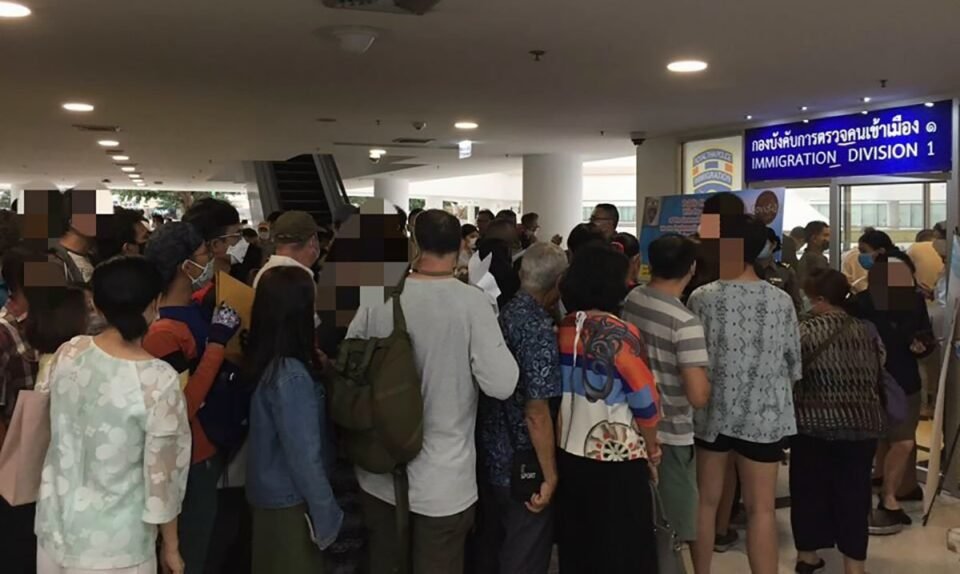The Thai Immigration Act of 1979 was published just after the end of the Vietnam War in 1975.
Its tone and terms reflect the attitude of the time but have now become anachronistic and no longer reflect the way contemporary Thais view the world or its” farangs”.
After that conflict, Thai society was forced to open up and modernize.
In addition, it has undergone significant social, political, technological, and economic changes that have transformed Thailand into a more mature and outward-looking nation.
The post-war base is simply no longer appropriate as the presence of “farangs” no longer poses a threat to Thailand’s national security. In fact, Asian countries that are open to ex-pats have done a lot to improve their economies and enrich their societies.
Hong Kong and Singapore are good examples of this.
The system focuses on the requirement that foreigners and ex-pats who are abroad for a long time provide their address every three months to the local immigration office where they are staying here.
While it is theoretically possible to record data online, there are frequent complaints of technological collapse and nearly 90 percent of registrations are still done in person.
The result is long queues at immigration offices, especially before and after holidays, which are often criticized on social media.
As a result of many military interventions over the years, Thai society and its institutions have been greatly affected by coups.
Since the military rule is generally conservative, there has been no impetus for much-needed reform.
The immigration bureaucracy has indeed become heavier in recent years, with even short-stay tourists having to provide their address shortly after arrival.
The entry rules for different categories of foreigners have become even more complex during the current pandemic.
Neighboring Cambodia, on the other hand, has introduced a simple online tourist registration system for those wishing to stay longer than 30 days.
Called the Foreigners Present in Cambodia system, it offers multiple and instant contact options via address, phone, email, or QR code.
You do not need to register unless or until the foreigner changes Cambodian residence. In addition, most registrations are completed by hotels or resort hosts.
The Thai registration system, on the other hand, is cumbersome.
Hotels often report new arrivals, which can lead to fines for the unlucky tourist.
There is confusion about the reporting date of 90 days, which is actually a period of three months, as opposed to a specific day when a visa expires.
Many ex-pats are confused by different interpretations of the law in immigration offices, for example, whether an ex-pat must re-register at the same address when returning from abroad.
Admittedly, there has been limited improvement overall.
A new four-year high-tech visa does not require a 90-day report, although it is only awarded to specialized professionals from abroad.
The unemployment benefits legislation has become a little less onerous, for example, multiple jobs and locations are now possible.
The new retiree and investor visas, which are valid for up to 10 years but require significant assets, are expected to be free from reporting for 90 days, although details are not yet available.
Nevertheless, it is high time Thailand reformed its immigration policies and requirements on a large scale to create a much more user-friendly and contemporary context. The country and its future deserve no less.
News Source: pattayamail





